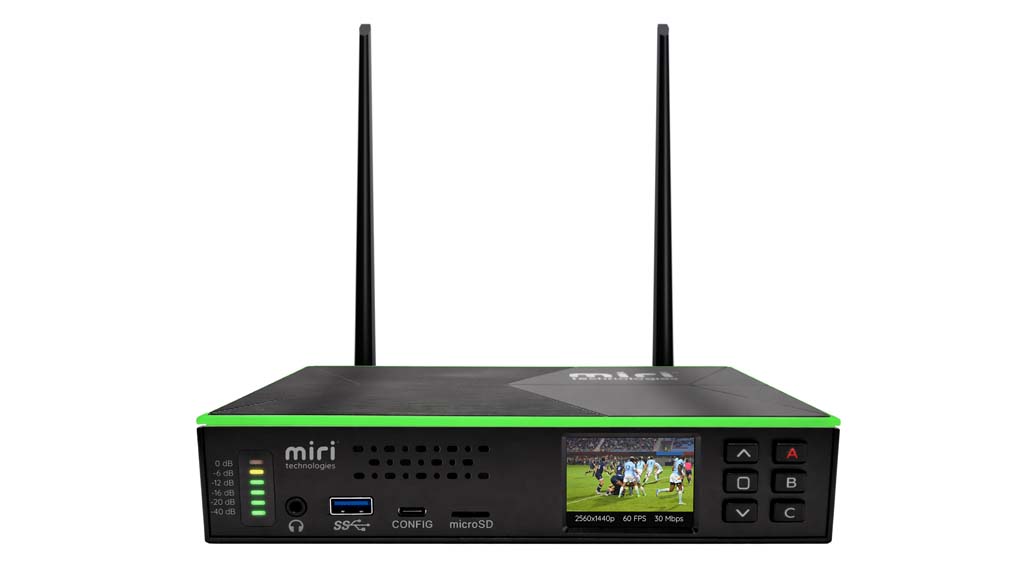Wireless Mics Threatened in U.K. DTV Transition
BBC News reported the United Kingdom's Spectrum plan threatens radio mics. It notes that Ofcom, the telecommunications regulator in the U.K., is considering auctioning off TV white space to the highest bidder as part of the digital switchover. However, as BBC News notes, this spectrum is used by theaters, festival organizers and broadcasters that rely on "radio mics." Its experts say that even if the radio mics can still operate, spectrum sharing could lead to major interference problems.
Brian Copsey, secretary of the Association of Service Providers, the organization that obtains spectrum for the entertainment industry, says in the story, "Ofcom needs to have a serious discussion with parties involved in using radio mics and find a way of achieving a sensible outcome. It is important to the whole U.K. economy. West End theatre sees 12.5 million visitors each year and not one of those shows work without radio mics."
Regulators are pushing for adoption of digital mics, but Copsey said that is not a magic bullet.
An Ofcom spokesperson said, "Ofcom's objective is not to raise revenue for the Treasury but to make sure it is used to the full. Spectrum is an extremely valuable resource--like land or water." Ofcom said auctions are essential if spectrum is to be used to its full potential.
In the United States, users of wireless microphones have expressed concern about congressional and FCC efforts to allow unlicensed use of vacant TV channels. This could result in interference to wireless microphones used by broadcasters and production companies. As TV stations become more densely packed in the core TV channels after the Feb. 2009 shutdown, increased interference to wireless microphones is likely to become an issue, whether from TV stations moving to core-spectrum channels or other users moving into the out-of-core channels above channel 51, an area that is often used for wireless microphones today.
The professional video industry's #1 source for news, trends and product and tech information. Sign up below.
